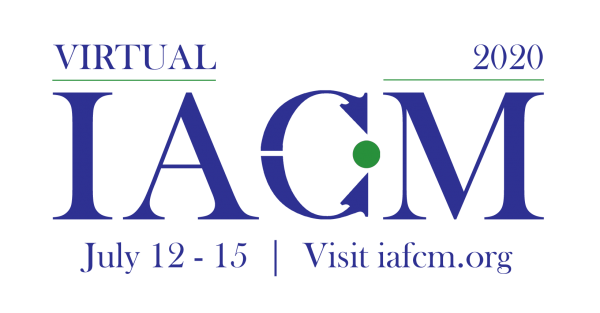IACM 2020 Abstract Book »
Representative Bureaucracy and Organizational Justice in Mediation
Representative bureaucracy theory posits that public organizations with a workforce reflective of the public they serve will lead to better outcomes for that public, especially concerning previously underrepresented groups (e.g. minorities). Research into this phenomenon, and emergent middle range theory, attribute these effects to either actions representing bureaucrats take (active representation) or a greater perception of trust and legitimacy by service recipients (symbolic representation). Empirical work thus far treats these two causal mechanisms as distinct channels. This paper proposes an endogenous relationship between these two factors and tests that position in the context of voluntary mediation of employment discrimination complaints in the United States Postal Service. In this context mediators cannot actively represent claimants’ interests, given the requirement of impartiality, holding that channel constant. Using exit surveys measuring employee perceptions of organizational justice after experiencing workplace mediation, researchers observed the impact on satisfaction with outcome when a mediator’s race or gender matched the nature of the complaint or purview as race discrimination, sex discrimination, or sexual harassment. Analyses support representative bureaucracy theory regarding sexual harassment complainants, who were significantly more satisfied with outcome with female mediators, but also found a negative correlation between African American mediators and race discrimination complaints. It appears that nuanced interactions happen between symbolic and active representation in which clients impose expectations upon bureaucrats. When such expectations do not manifest, service recipients have a more negative view of organizational justice outcomes.
